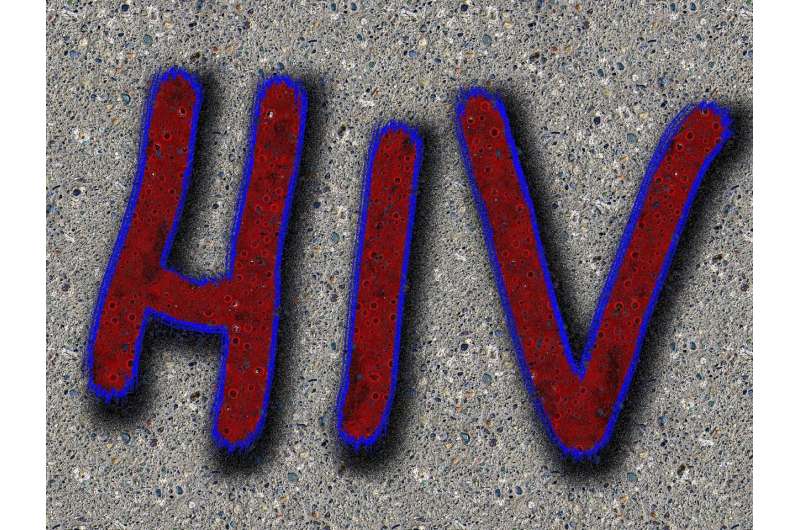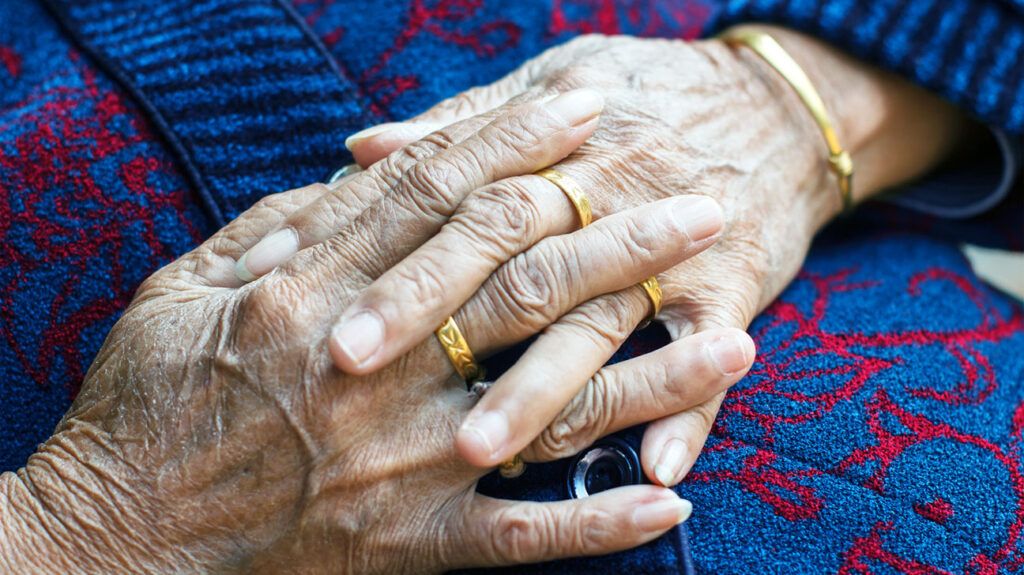HIV Testing and Outreach Decline Amid Funding Cuts in the Southern U.S.

Federal funding cuts in the South threaten to derail progress in HIV testing, prevention, and treatment, risking increased infections and health disparities among vulnerable populations.
Recent developments reveal a worrying decline in HIV testing and outreach efforts across the Southern United States, driven by significant federal funding reductions during the Trump administration. Community centers, nonprofits, and health clinics that serve vulnerable populations face financial strains, leading to scaled-back services crucial for HIV prevention and treatment. In Jackson, Mississippi, organizations like Hearts for the Homeless and My Brother's Keeper have watched their budgets shrink, forcing them to cut back or pause essential programs such as mobile HIV testing clinics and blood screening initiatives. These cuts come amidst a broader context where the federal government has clawed back over $11 billion from health departments, eliminated several CDC HIV offices, and proposed further reductions, including the elimination of all HIV prevention funding in upcoming budgets.
Historically, efforts tailored to underserved communities in the South have been vital because Black populations face disproportionately high rates of HIV diagnoses, with Mississippi experiencing some of the highest infection rates nationally. Federal investments aimed at reducing disparities and increasing access to testing and treatment have significantly decreased infection rates since 2017. However, the current funding reductions threaten to reverse these gains, risking increased transmission and AIDS-related deaths.
The shutdown of clinics and reduction in services not only affects immediate health outcomes but also hampers long-term public health goals. Without proactive testing, treatment adherence, and preventive outreach, many individuals remain unaware of their HIV status, creating a reservoir for ongoing transmission. Experts warn that the consequences of these cuts will disproportionately impact populations already bearing the heaviest burdens, including Black communities and those in poverty.
Community leaders, healthcare providers, and advocates emphasize the critical role of federal support in sustaining effective HIV programs in the South. Many rely on government funding to provide housing assistance, transportation, confidential testing, and linkage to care—services that are now increasingly threatened. The diminishing resources could cause a collapse of decades of infrastructure built to combat HIV and related health disparities, with long-term repercussions for public health in the region.
As the Biden administration reviews these cuts, health officials remain concerned about the potential reversal of progress against HIV/AIDS in the U.S. Experts stress that continued decline in funding and support jeopardizes the goal of ending the epidemic, particularly in regions where vulnerabilities are highest and healthcare access is already limited.
This situation underscores the urgent need to prioritize equitable health initiatives and maintain investment in community-based programs vital for controlling HIV spread and ensuring treatment for those infected. The future of HIV prevention in the South hinges on both federal commitment and local efforts to adapt and sustain critical health services.
Stay Updated with Mia's Feed
Get the latest health & wellness insights delivered straight to your inbox.
Related Articles
Childhood Socioeconomic Disadvantage Associated with Brain Changes in Professional Fighters
A recent study reveals that professional fighters from socioeconomically disadvantaged backgrounds are more likely to experience early brain changes associated with neurodegeneration, highlighting the impact of childhood environment on long-term brain health.
Understanding the Delays in Dementia Diagnosis: Why It Takes Years to Identify the Disease
A new study reveals that dementia diagnosis often takes over 3.5 years after symptoms start, underscoring the urgent need for improved early detection and diagnostic pathways.
Angola Reports Over 20,000 Cholera Cases Since January Amid Outbreak
Angola reports over 20,000 cholera cases with more than 600 fatalities since January, highlighting ongoing public health challenges due to poor sanitation and water safety.
WHO Maintains Mpox Alert Amid Surge in West Africa
The WHO has extended the mpox global health emergency as cases surge in West Africa and beyond, highlighting ongoing international health challenges. Learn more about the current situation and response efforts.



